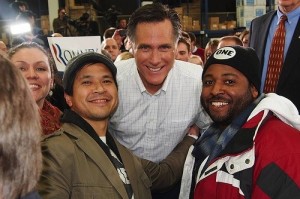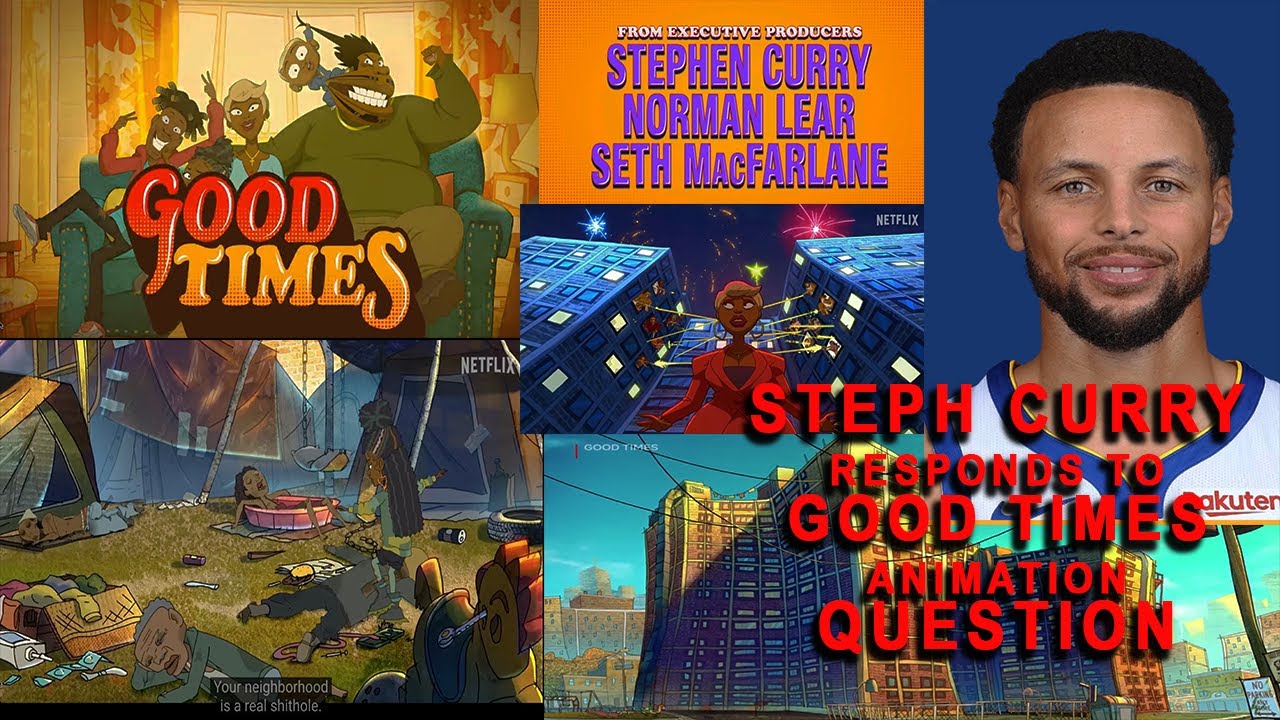(ThyBlackMan.com) The race for the United States presidency is on. As of Tuesday, January 4, 2012, the results of the Republican Presidential Primary are in. The Iowa Caucus has concluded, and former Massachusetts Governor Mitt Romney edged out US Senator Rick Santorum by 8 votes. According to Iowa poll data, Romney got 30,015 (24.6%) votes, Rick Santorum received 30,007 (24.5%) votes, Ron Paul received 26,219 (21.4%) votes, Newt Gingrich received 16,251 (13.3%) votes, and Rick Perry received 12,604 votes (10.3%). When considering the probable winner, one should note that in the history of America’s 44 presidents only 12 have been elected who were not US Senators, governors or vice presidents. According to reliable news organizations such as Politico, each vote cost Mitt Romney $113 and Rick Santorum $1.65. This means that even in the current economic slump, this will be one of the most expensive presidential campaigns to date. According to OpenSecrets.org, in 2008 John McCain raised $370 million and Barack Obama raised $750 million.
The late political scientist Dr. Ronald Walters would ask, “What does this mean for Black people?” Iowa’s population is 2.1% African American. Notwithstanding groups like the Black Republican Association and the Black American Political Action Committee (BAMPAC), less than 12% of Black people traditionally vote Republican. According to the 2010 US Census Bureau, African Americans make up roughly 13% of the total 308 million people in America.
With the implosion of Herman Cain’s campaign, which lacked a connection to the community, an important question is raised: Who will articulate the interest of the African-American community from within and external to the Republican campaigns? 
With immediate January primaries underway, African Americans’ percentage of the total state population tells a story of numerical influence: on January 10th, New Hampshire’s .7% African American population will vote; South Saturday, January 21, 28.9% African Americans, on January 31, Florida has 14% African Americans. In 2012 the time is here to place pressure on the political environment in America, for what is in the best interest of African Americans.
External to the Republican campaigns, we—you and I—must email, text, tweet, Facebook, and call our people in these states to encourage them to engage in the conversations and debates that shape the idea agenda for these candidates. Do not let Republican presidential candidates “off the hook” by being silent or absent from the debate. We know that when the people speak from the heart and mind, from their experiences and desires, then honest communication, that is not to be ignored, can occur. We also know that traditionally our elected officials, political advocates, and church pastors communicate the issues we face. We must influence the influencers and demand of them that our concerns are addressed in the debates and in policy formation. Now they should direct their microphones, radios, and television messages toward the candidates and political organizers. The message of our community is a message that speaks to the pain, suffering, opportunities, and hopes of our community. We can and must do this or it will not be done in our best interest. As Congressman William Clay penned in his book and the founders of the Congressional Black Caucus used to say, “There are no permanent friends and no permanent enemies … Just Permanent Interest!”
Let’s take a closer look at the origins and nature of the views of the Senator from Pennsylvania and Presidential Candidate Rick Santorum. He claims to be concerned for working families after he was influenced by the death of his grandfather with big hands who worked until the age of 72 in Pennsylvania coal mines. According to his campaign website, he was elected to the US House of Representatives in 1990 at the age of 32, and from 1995 to 2007 served in the US Senate. In 2000, he was elected by his peers to the position of Senate Republican Conference Chairman. He and his wife of 21 years are the parents of seven children, and his only book to date It Takes a Family advocates “traditional family values.”
He also touts that he “helped author and was floor manager of the landmark Welfare Reform Act which passed in 1996 that has empowered millions of Americans to leave the welfare rolls and enter the workforce.” His now infamous statement is controversial, “I don’t want to make black people’s lives better by giving them someone else’s money. I want to give them an opportunity to go out and earn their own money, and to provide for themselves and their family. And the best way to do that is to get the manufacturing sector of the economy rolling again.” This statement provides a glimpse into the heart and mind of this candidate.
He shares the view of former House Speaker (during the time of the Welfare Reform Act) and now-presidential candidate Newt Gingrich. Gingrich candidate recently stated, “that he would go to the NAACP and urge Blacks to demand paychecks not food stamps.” I wonder if these candidates are unaware of the fact that African Americans have been seeking an equitable paycheck for their labor, jobs with livable wages, and justice since arriving on America’s shores, before the Emancipation Proclamation, and every day since. As the manufacturing base shrinks in America, are we not in the Information Age? Are these candidates unaware of the fact that current economic growth engines include technology, medicine, medical care, equitable financing for small businesses, and education for the 21st century? Do they have any African Americans on their advisory councils? If so, who are they, and how connected are they to the African American community? When Gingrich met with Donald Trump, he did not pre broadcast the meeting He simply had it. Most people know how to reach NAACP President Ben Jealous in Baltimore, MD at the International Headquarters. The NAACP is listed in the phone book and online at http://www.NAACP.org Mr. Gingrich should simply call and request a meeting, like he did with Trump.
Is Mitt Romney more attuned to the voice and message of the African-American community? To what degree did he engage African Americans as Governor of Massachusetts? Further research will bear this out. African Methodist Episcopal Church Bishop John Hurst Adams, an African American, outspokenly called Mormonism “a cult.” Don Harwell, a Mormon spokesperson and president of the Genesis Group of Black Mormons, believes that the Mormon Church is outreaching to African Americans. It is a well-documented fact among religious leaders that there is a schism between African Americans and the Mormon church, which, by the way, openly discriminated against them until 1975. Where religion and politics divide, Presidential Candidate Mitt Romney’s politics are the true question for the political arena.
In short, regardless of the front runner status of the particular Republican presidential nominees, one thing is clear, “our permanent interests” are to be articulated by us, for us and with the complexity of us in mind. To that end, the public discourse should be influenced by us as well.
Staff Writer; Dennis B. Rogers
You can find out more about this talented brother over at; http://www.DennisBRogers.info.




















It was 1978, not 1975, that God changed His mind about blacks being allowed to hold the Mormon priesthood.
Your article has some great points. All Americans should take your advice. We’re in deep trouble, and business-as-usual will only help a tiny handful of us. I wish you had more on Ron Paul.
http://www.youtube.com/watch?v=5EuNgqIiz60
This woman on YouTube is very articulate about how the War on Drugs and the War on Terror and our current judicial system are all hurting far more African Americans than Whites. Dr. Paul is the only one addressing those issues, and many more, like how the NDAA just stripped all US citizens of their Bill of Rights, how the Fed gave $16 trillion of our money to banks, and half of that to overseas banks, how we do not need the corrupt FDA pushing GMO foods for Monsatan (oops, Monsanto) or the CDC pushing thimerosal-laden vaccines or Fatherland, oops, I mean Homeland Security goons showing up at Amish farms with automatic weapons at the ready to stop people selling raw milk….
Do check out some of RP’s sites, and those of his supporters like Lew Rockwell, Tom Woods, Max Keiser.
Thanks for the piece! Janet